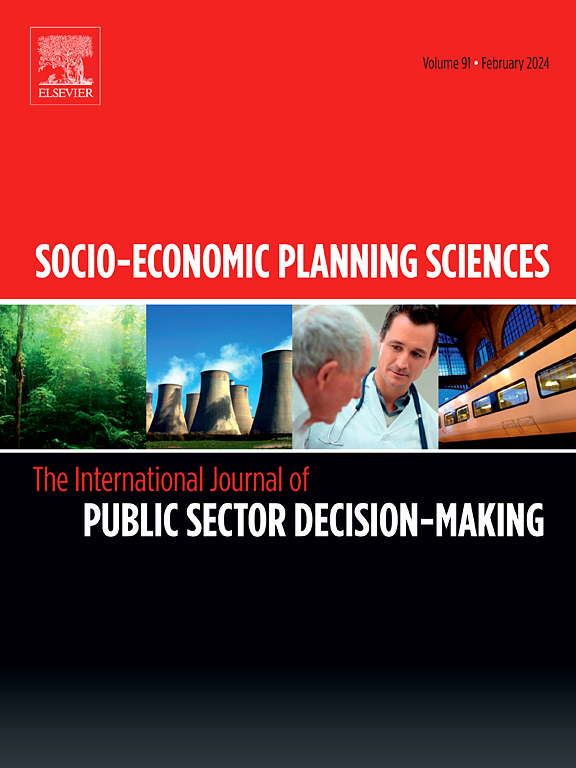Social network of peer-to-peer accommodations for a visual decision support system in tourism: The case of the Canary Islands
IF 6.2
2区 经济学
Q1 ECONOMICS
引用次数: 0
Abstract
The peer-to-peer accommodation market has experienced significant growth in recent years, leading to increased competition and offer heterogeneity. This scenario presents challenges for investors and stakeholders, required to value the importance of differentiation and accommodations’ typology to ensure favorable profits and social impact. In this work, we examine the touristic accommodation market in the Canary Islands using real data from Airbnb and applying a novel network-based visual methodology. The data analysis methodology involves the creation and visualization of a network that places accommodations based on their similarity. Using community detection algorithms, we identify accommodation typologies, perform a descriptive analysis of the resulting clusters, and evaluate economic and exogenous variables. Nine accommodation types are found having key differentiating characteristics such as guest capacity, number of properties owned by the host, and managerial aspects (for example, cancellation policy). Clusters with higher economic benefits (characterized by a large capacity) are placed on the periphery of the visual map in contrast to common accommodation types, located in the center; thus showing the importance of differentiation. The accommodations’ typologies are not specific to a particular island, but are homogeneously distributed in the Canaries archipelago. The results emphasize the managerial advantage of this decision support system for investors and tourist managers in making informed strategic decisions.
求助全文
约1分钟内获得全文
求助全文
来源期刊

Socio-economic Planning Sciences
OPERATIONS RESEARCH & MANAGEMENT SCIENCE-
CiteScore
9.40
自引率
13.10%
发文量
294
审稿时长
58 days
期刊介绍:
Studies directed toward the more effective utilization of existing resources, e.g. mathematical programming models of health care delivery systems with relevance to more effective program design; systems analysis of fire outbreaks and its relevance to the location of fire stations; statistical analysis of the efficiency of a developing country economy or industry.
Studies relating to the interaction of various segments of society and technology, e.g. the effects of government health policies on the utilization and design of hospital facilities; the relationship between housing density and the demands on public transportation or other service facilities: patterns and implications of urban development and air or water pollution.
Studies devoted to the anticipations of and response to future needs for social, health and other human services, e.g. the relationship between industrial growth and the development of educational resources in affected areas; investigation of future demands for material and child health resources in a developing country; design of effective recycling in an urban setting.
 求助内容:
求助内容: 应助结果提醒方式:
应助结果提醒方式:


